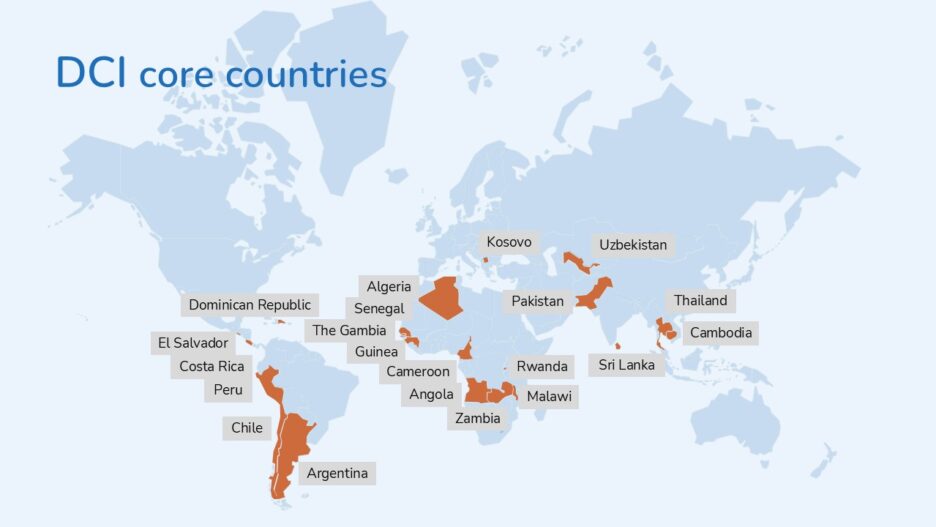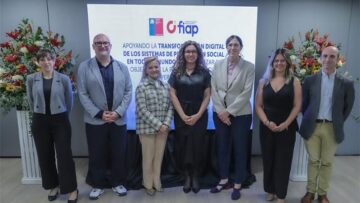countries.

Implementation for national priorities
DCI supports a wide range of interventions in core partner countries through long-term engagements managed by its coordinating partners. These interventions include, but are not limited to:
- Assessing the digital readiness of social protection systems
- Supporting the planning and implementation of digital transformation roadmaps
- Improving interoperability and implementing global interoperability standards
- Strengthening data quality and management information systems
- Supporting the development of digital solutions across the social protection delivery chain
- Leveraging artificial intelligence to improve efficiency, effectiveness, and service delivery
In addition, DCI provides short-term advisory support to other partner countries through the DCI Helpdesk.

DCI supports selected countries with the digital transformation of their social protection systems to enhance the delivery of benefits and services.
Supported countries
DCI currently provides support in over
Featured
-

Context: Algeria is preparing for a major subsidy reform that will rely on a national cash transfer program expected to reach around half of the population. At present, social safety nets have limited coverage and depend heavily on paper-based processes, leading to inefficiencies in targeting and management.
Challenges: Weak interoperability and limited data sharing across government sectors slow beneficiary identification and undermine targeting accuracy. Paper-based data collection increases errors and administrative costs, while the absence of robust payment tracking systems reduces transparency and accountability.
Objectives: DCI via World Bank is working with the Government to strengthen Algeria’s social protection system in preparation for subsidy reform by supporting digitalization and improved system readiness. This includes building government capacity to manage social protection programs, completing the development of the cash transfer MIS, and enhancing targeting effectiveness.
-

Context: Angola, a lower-middle-income country facing persistent poverty and inequality, has made important strides in building its national social protection system with World Bank support. Key delivery systems are now in place, including the Kwenda cash transfer program’s Management Information System (MIS) and the Unique Social Registry (Cadastro Social Único – CSU).
Challenges: Core social protection processes are still only partially digitized, relying on manual or semi-automated steps that constrain scale and efficiency. Limited interoperability between the Kwenda MIS, the social registry, and the national civil registry keeps systems operating in silos, increasing duplication risks and hindering dynamic updates essential for shock response.
Objectives: DCI vis World Bank aims to accelerate Angola’s digital transformation of social protection by strengthening system digitalization, improving interoperability, and exploring the use of AI-enabled solutions. Key objectives include conducting in-depth system assessments, designing an interoperability strategy, and piloting biometric technologies to improve data quality.
-

Context: Argentina has made significant progress in consolidating its social protection system to reduce poverty and promote inclusion. The Family Allowance System now reaches 83 percent of children under 18, while the Universal Child Allowance (AUH) benefits more than 4.1 million people. Sustained investments in digitalization and interoperability have enabled automated verification and data exchange across key institutions.
Challenges: Despite these advances, Argentina’s social protection information landscape remains fragmented. Multiple agencies maintain overlapping registries at the individual and sectoral levels, with limited integration across education, health, labor, housing, and subsidy programs.
Objectives: DCI via World Bank aims to strengthen interoperability and integrating human capital beneficiary registries into a unified, household-based system. The project will support the development of the Integrated Social Information System (SIIS), enabling a cohesive digital ecosystem that enhances inclusiveness, supports evidence-based decision-making, and aligns with Argentina’s reform agenda.
-

Context: Cambodia is in the process of developing a comprehensive digital social protection system, centered around the Social Protection Registry (SPR). The government has officially mandated the Digital Social Protection Platform (DSPP) to act as a centralized hub for beneficiary data.
Challenges: Cambodia’s digital ecosystem remains fragmented. Various agencies operate separate IT systems and applications for enrollment and registration, resulting in duplication and inefficiencies. Additionally, the absence of standardized digital building blocks and a coordinated approach to business operations poses further challenges.
Objectives: DCI (via GIZ) is working with the government to improve DSPP’s functionality by harmonizing grievance and feedback systems, leveraging AI for data quality, and enhancing interoperability with government systems.
-

Context: Since 2013 Cameroon has established two core social protection information systems: the Safety Net MIS (SIG-PFS) and the Unified Social Registry (RESUC). While both systems are operational, they require significant upgrades to improve data capacity, security, and overall system design.
Challenges: The two established systems are largely isolated and lack sufficient integration and require improvements in performance, data management, and cybersecurity. The use of biometric data lack data protection standards creating security and privacy risks.
Objectives: DCI vis World Bank is supporting the Government to strengthen digital social protection systems by improving the security, performance, and governance of existing platforms and enabling interoperability between the safety net MIS, the social registry, and other national systems.
-

Context: Chile’s aging population is growing rapidly, with dependency rates rising, particularly among low-income individuals. Chile’s National Service for the Elderly (SENAMA) program provides support but operates with outdated and inefficient digital systems.
Challenges: SENAMA’s fragmented databases lack interoperability, limiting coordination with other institutions and reducing service effectiveness
Objectives: DCI (via FIAP) is working with the Government to modernize SENAMA’s digital infrastructure, integrate information systems, and enhance data analytics to improve elderly care services and strategic decision-making.
-
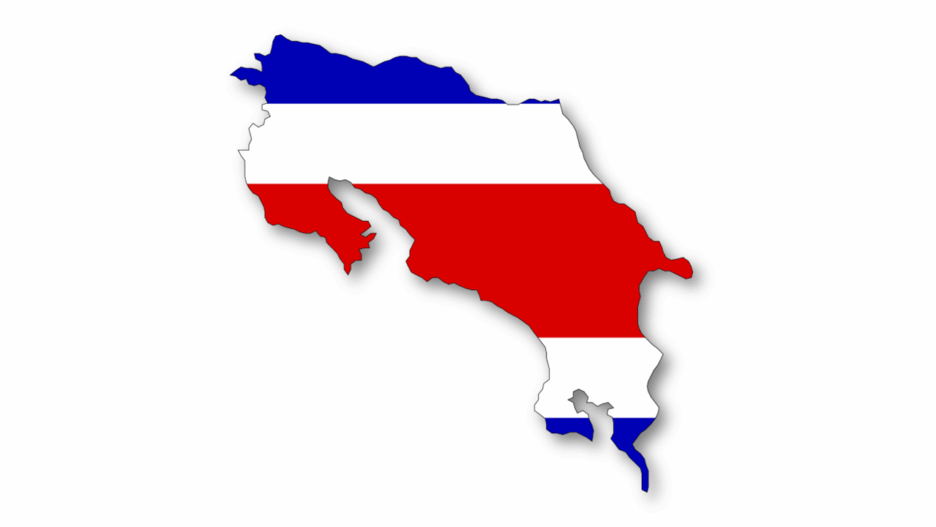
Context: Costa Rica has been a regional leader in digitalizing social protection with the establishment of the National Information System and Single Registry of State Beneficiaries (SINIRUBE) in 2013. SINIRUBE was created to ensure that social benefits reach the most vulnerable populations in an efficient, transparent, and coordinated manner. Since then, it has evolved into the central information base for the country’s social protection system. In line with national goals to build a more efficient and ICT-enabled public sector, Costa Rica developed an Interoperability Master Plan to guide the integration and data exchange across institutions.
Challenges: SINIRUBE faces several operational challenges. Governance structures for interoperability are underdeveloped, with no dedicated technical body to ensure institutional alignment and compliance with data standards. The technical infrastructure, which is entirely on-premises, limits scalability and flexibility, calling for planning around cloud migration and capacity building.
Objectives: DCI through FIAP, aims to strengthen the governance, infrastructure, and data quality of SINIRUBE by implementing the Interoperability Master Plan. This includes establishing a governance framework for interoperability, enhancing the technical environment for efficient and secure data exchange, and expanding data quality mechanisms to ensure consistency across platforms. By doing so, the initiative will enable better coordination between institutions, reduce duplications, simplify bureaucratic processes, and ultimately improve the effectiveness and responsiveness of Costa Rica’s social protection services
-

Context: Under Promoting Job Opportunities and Skills Development project, the government has developed an integrated information system (SICAF) to manage beneficiary registration, assessment, follow-up, referrals, monitoring and evaluation, and grievance redress. In parallel, the government is seeking to modernize its national social registry to better support program delivery and coordination.
Challenges: Despite progress broader digitalization and interoperability challenges remain. The national social registry (RUP) is outdated, underutilized, and covers only about 25 percent of the population. It lacks standardized data-sharing protocols and interoperability with other beneficiary and administrative systems, limiting its usefulness for updating information and expanding coverage.
Objectives: DCI via World Bank is working to improve interoperability between the RUP and beneficiary information systems. This will be achieved through a SPARKS-IT diagnostic and the design of standards-aligned data exchange mechanisms, enabling more effective use of social information systems to improve service delivery and outcomes for citizens.
-

Context: The Gambia faces high climate vulnerability and rising poverty, increasing reliance on adaptive social protection systems such as the GamSR registry and the Nafa programs to deliver safety nets and emergency cash transfers.
Challenges: Data Aging & Relevance: Much of the early GamSR data risks becoming outdated, reducing its relevance for current program delivery. The system remains largely static, with limited interoperability, data-updating mechanisms, and secure data sharing.
Objectives: DCI via World Bank is supporting the development of an updating strategy for the GamSR aiming to transform it into a dynamic social registry. This transformation would enhance the digitalization and interoperability of social protection delivery systems, aligning with the country’s digitalization objectives.
-

Context: Kosovo’s Ministry of Finance, Labor and Transfers is advancing the digital transformation of social protection through the development of two core systems: the Social Welfare Information System (SWIS) and the Dynamic Social Registry (DSR). These platforms aim to integrate social programs with national databases and leverage the eKosova portal to simplify benefit applications.
Challenges: While some social protection programs already use digital tools, the main poverty-targeted program (SAS) remains largely paper-based, with eligibility criteria that exclude many poor households. Limited interoperability with tax, banking, and civil registry systems leads to manual processes, slower service delivery, and higher risks of error.
Objectives: DCI via World Bank aims to develop a flexible delivery system for Kosovo’s social protection programs to reduce poverty, respond to shocks, and support access to jobs. This includes improving SWIS and DSR, digitizing processes, and linking them to government platforms like eKosova and GG for streamlined application, verification, payments, and case management.
-
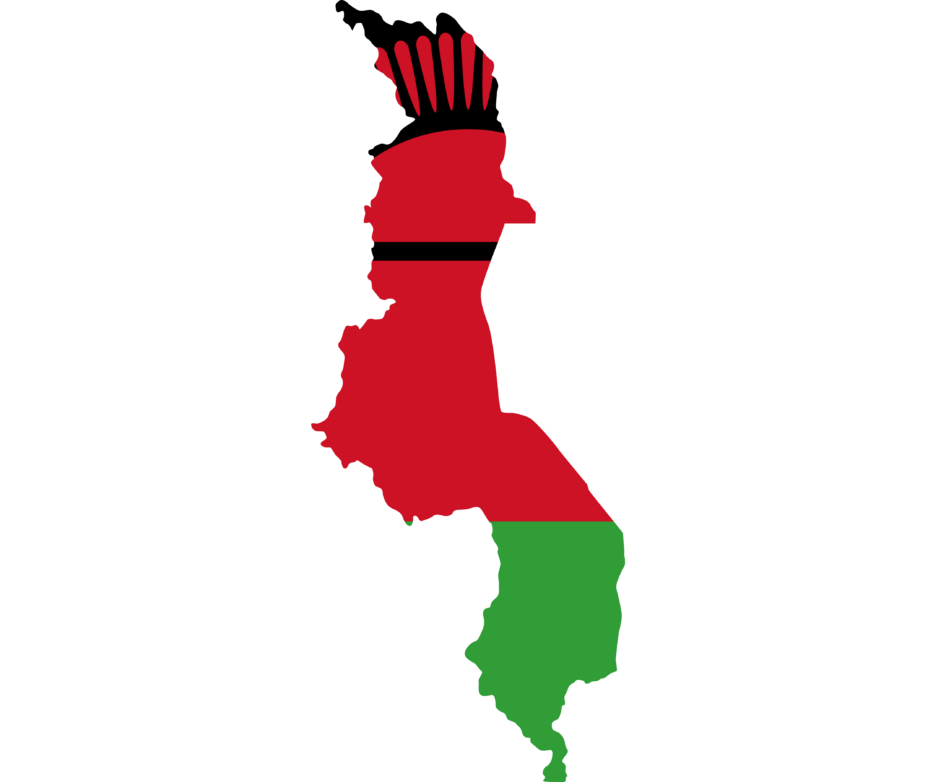
Context: Malawi’s social protection ecosystem includes several parallel information systems—the Social Cash Transfer Programme (SCTP MIS), Livelihoods and Economic Inclusion (COMSIP MIS), Climate Smart Enhanced Public Works Program (Mbwezera MIS), and the Malawi Social Registry (MSR), which covers nearly 90 percent of the population.
Challenges: While Malawi has a functioning social registry and multiple program MISs, these platforms operate in silos with different architectures and technologies. This fragmentation constrains data sharing, increases administrative burdens, and weakens the system’s ability to adapt during shocks such as climate events or health crises.
Objectives: DCI via World Bank aims to strengthen Malawi’s digital social protection infrastructure by upgrading key program MISs—COMSIP and Mbwezera—using CoreMIS as the base software, while enhancing interoperability across systems.
-

Context: Social protection in Khyber Pakhtunkhwa (KP) is highly fragmented, with over 50 programs managed by 10 institutions. Efforts to integrate systems have led to the Social Protection Integration Strategy (2024).
Challenges: Lack of interoperability between federal and provincial programs, limited data exchange, and weak digital integration hinder coordination and service efficiency.
Objectives: DCI (via ILO) is working with the provincial government to improve digital convergence, standardize registries, enhance data sharing, and develop solutions to better protect informal workers.
-
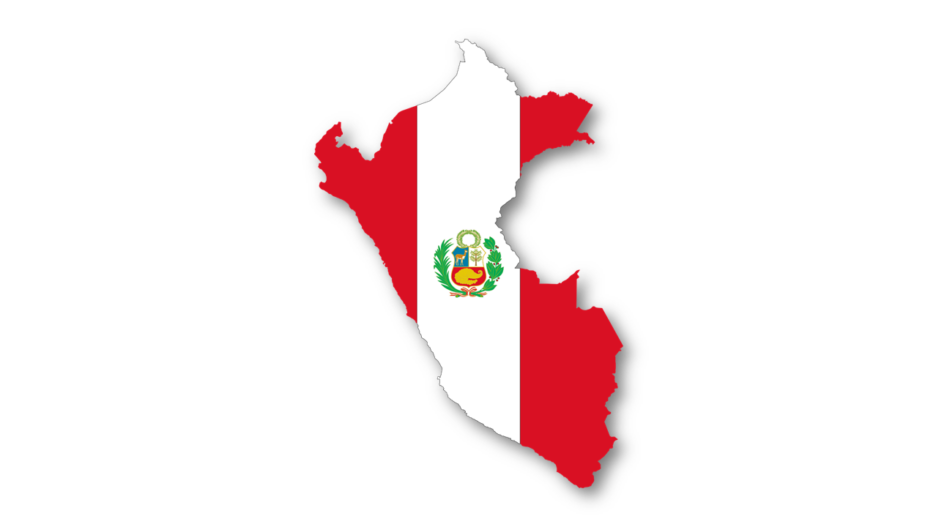
Context: Peru’s social security system has evolved significantly, with programs like JUNTOS, a conditional cash transfer initiative under the Ministry of Inclusion and Social Development (MIDIS) playing a key role in poverty alleviation. However, digital and operational inefficiencies persist.
Challenges: Limited interoperability between JUNTOS and other MIDIS programs, manual verification processes, and weak grievance redressal mechanisms slow service delivery.
Objectives: DCI (via GIZ) is working with the government to strengthen digital tools for beneficiary communication, enhance interoperability between key databases, and automate verification processes to improve efficiency.
-

Context: Rwanda has launched Imibireho, a Dynamic Social Registry (DSR), as part of its push for digitalization in social protection. This system is intended to serve as a central hub for social protection data, facilitating seamless information exchange between government agencies.
Challenges: The digital landscape remains fragmented, with incomplete system integrations and a lack of enforced data-sharing standards, leading to inefficiencies in service delivery.
Objectives: DCI (via GIZ) is working with the government to build an interoperable ecosystem by integrating key government databases, designing a unified beneficiary registry, and leveraging AI to enhance efficiency.
-

Context: Over the past two decades, Senegal has transformed its social protection sector with progressive policies, including the Unique National Register (RNU) for targeting vulnerable populations and Universal Health Coverage (CMU) initiatives.
Challenges: Limited system integration hinders program targeting and efficiency. The RNU is not fully interoperable with other databases, and governance gaps in health insurance management reduce service effectiveness.
Objective: DCI (via Expertise France) is working with the Government to strengthen digital transformation to enhance coordination, improve beneficiary targeting, and integrate social protection and health services through interoperable systems.
-

Context: Sri Lanka’s social protection system is evolving, with the Integrated Welfare Management System (IWMS) serving as the backbone for managing data on around 4.3 million households and delivering benefits to 1.8 million people through the Aswesuma cash transfer program. The government is also piloting economic empowerment programs—particularly for women—with ambitions to scale support to up to 1.2 million households.
Challenges: The social protection delivery system requires further strengthening to ensure reliability and accuracy. Annual recertification of beneficiaries has proven challenging, increasing the risk of outdated data. Limited integration between the social registry and other government databases constrains verification and responsiveness.
Objectives: DCI via World Bank aims to strengthen the Government’s efforts and leverage digital solutions to improve the country’s overall SP delivery systems, programs and welfare outcomes. Experiences from around the world and best practices will be brought to Sri Lanka while also supporting the government technically in the design and implementation of its next generation SP delivery system.
-

Context: Thailand’s Cabinet approved initiatives in 2024 and 2025 to integrate data for vulnerable groups, led by the Ministry of Social Development and Human Security (MSDHS) with technical support from the Big Data Institute (BDI). These efforts align with Thailand’s 2023–2027 Digital Action Plan, which emphasizes centralized data systems, improved analytics, and cross-agency coordination.
Challenges: Social protection data remain dispersed across multiple programs, with inconsistent standards and weak interoperability limiting data exchange and analysis. The absence of real-time analytics, common data standards, and integrated platforms leads to inefficiencies in targeting, service delivery, and policy responsiveness. Institutional silos further slow coordination and adaptation, reducing the overall effectiveness of social protection spending and reforms.
Objectives: DCI via World Bank seeks to strengthen Thailand’s social protection system by establishing a federated data warehouse and an interactive analytics dashboard. Focusing on vulnerable populations, the initiative will enhance data integration, governance, and analytical capacity to support more accurate targeting, efficient benefit delivery, and evidence-based policymaking, laying the foundation for a more inclusive and responsive social protection system.
-
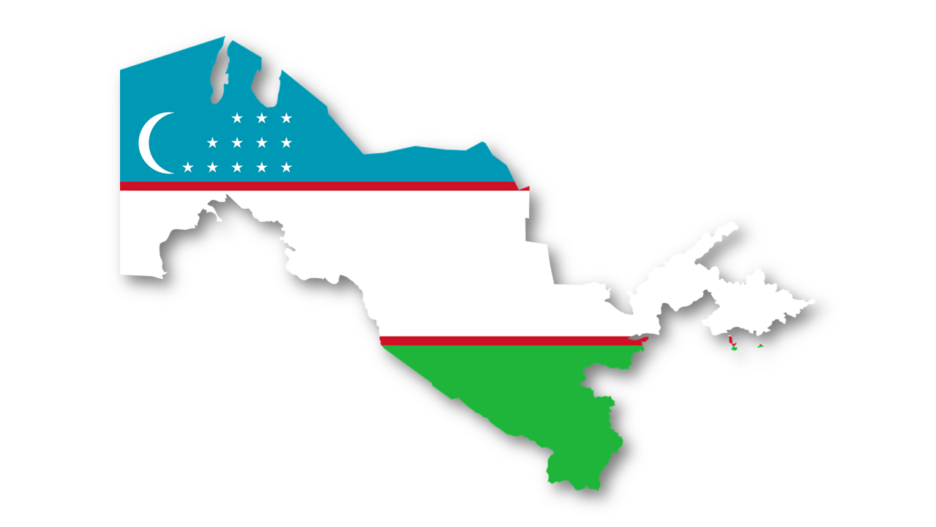
Context: Digital transformation is central to Uzbekistan’s ambition of achieving universal social protection coverage. This initiative aligns with the country’s Artificial intelligence Development Strategy 2030 (adopted in October 2024) and the Digital Uzbekistan 2030 Strategy, both of which prioritize digitalization of public services and the integration of artificial intelligence across government platforms.
Challenges: The National Agency for Social Protection (NASP) faces challenges managing up to 5,500 daily calls in multiple languages. The agency needs scalable, secure, and reliable artificial intelligence solutions. Key priorities include ensuring data localization compliance, delivering accurate multilingual support (Uzbek, Russian, Karakalpak, Tajik), minimizing artificial intelligence hallucinations, integrating with grievance redress systems, and establishing strong AI governance.
Objective: DCI (via GIZ) is focusing on scaling a Retrieval Augmented Generation (RAG) chatbot to enhance social protection delivery and build institutional capacity for artificial intelligence adoption with an overall objective to enhance the efficiency and responsiveness of social protection programming.
-

Context: Zambia’s social protection framework aligns with SDG goals, aiming for universal coverage through multi-sectoral integration. The National Health Insurance Authority (NHIMA) plays a key role in health insurance expansion, yet digital and interoperability gaps remain.
Challenges: Social protection databases are fragmented, with weak links between NHIMA, Social Cash Transfers, and Disability Management systems. Uncoordinated social security registration and inefficient data management hinder service delivery.
Objective: DCI (via ILO) is working with the Government to enhance system interoperability, integrate databases, and improve coverage by ensuring seamless registration of vulnerable groups into health and social protection programs.
